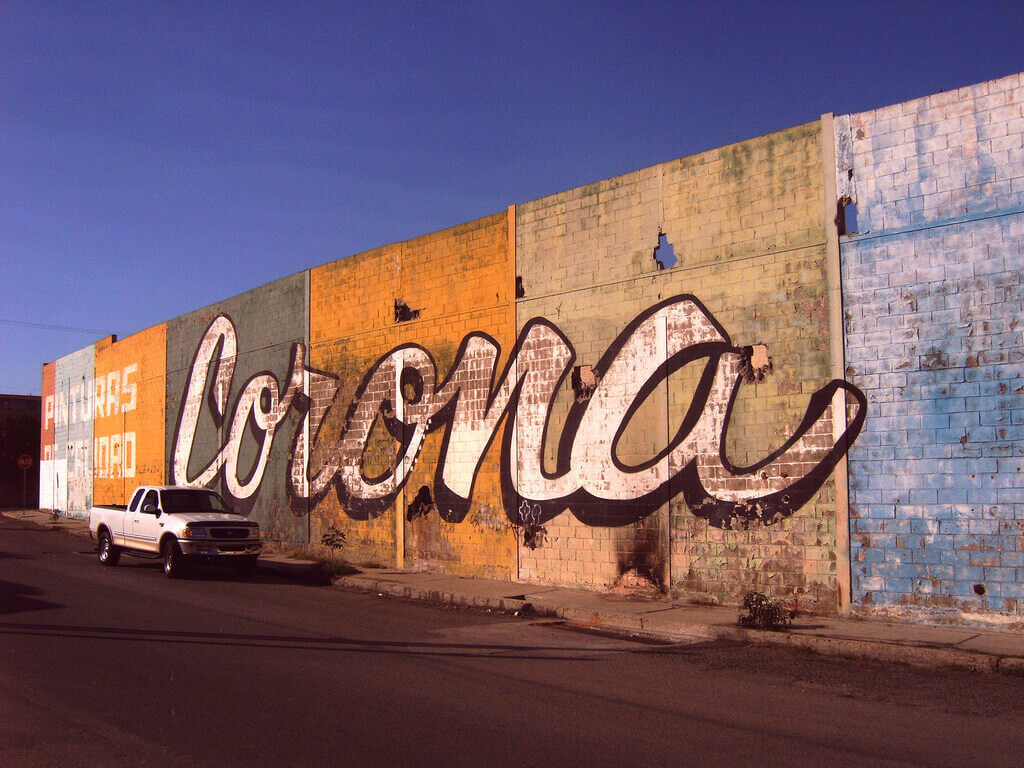After decades of prohibition and criminalization, it seemed the war on drugs was taking a turn. President Barack Obama agreed that the heavy emphasis on incarceration had been counterproductive, pushing many young people further into a life of criminality. This admission from the President indicated a shift in how this war would be handled, a new approach one of decriminalization taking the lead from several others countries across the world where this has worked. A recent research piece clearly explained that the war had been lost and that surrender may be the only option left. Many citizens fear decriminalization, but really what are we afraid of, our prisons are full to capacity and yet drug related deaths soar.
A presidential campaign is currently under-way, and so is the magnitude of this problem that no candidate dare to address it. Should the current trends continue and go unaddressed 45,000 Americans could die of a drug overdose this year. This is more people than in the height of the HIV/AIDS epidemic in the 1990s. There is no one single cause for drug abuse and addiction, so we cannot adopt a restrictive neatly packaged strategy. It needs a broadly comprehensive strategic, innovative policies and most importantly investment. When the AIDS epidemic was ongoing in the U.S, the government allocated hundreds of millions of dollars to treat this major public health crisis. In 2013 88,000 people died from alcohol related deaths and 43,982 from drug overdose; at the height of the AIDS crisis 41,000 people died.

A recent blog post discussed Vermont’s fight against opiates. While they have not cracked it and there are still huge issues they have seen small successes and have adopted methods that are savings lives rather than throwing people in jail. People who are picked up by the police for possession or drug use have the option to avail of treatment rather than criminal prosecution. In contrast the Uniform Crime Report for 2014 shows that over 40% of arrests nationally were for marijuana possession alone, demonstrating that a policy of decriminalization could not be further away. Other alternative approaches such as looking at the sources of drug use and addiction, which the Vermont governor believes to be traffickers and the FDA, can reduce the use that leads to addiction and ultimately death. Prosecuting small time users and dealers is not going to take drugs off our streets but harder sentencing for traffickers might. Tackling a drug culture of overuse of prescription medication with addictive levels of opiates through stricter regulations from the FDA could lower levels of addiction. At the moment the heroin problem in the U.S is huge and many directly link it to the use and abuse of oxycontin and other pain medication. Opioids and heroin are at the forefront in terms of death from drugs, with over half of drug related deaths in 2013 caused by opioid painkillers and heroin.
In terms of progress, unfortunately there is nothing new to report, millions of dollars continue to be spent in vain. While we talk the good talk about decriminalization it isn’t happening in reality. The drugs epidemic continues to be seen as a criminal issue rather than a public health issue, until this changes in all departments tasked with tackling it, criminalization will continue. It is not clear what the next step will be and it all depends on who the next President of the United States will be. They have an opportunity to truly change drug policy in this country with a new understanding and acceptance among citizens that this is a major problem, one that comes down to loss of life and despair not guns, drugs and prison. The director of the Drug Policy Program at Rice University Bill Martin has sought a change in policy for over 35 years. With just 3% of Americans who think we are winning the war on drugs, he believes myths around drug use are starting to fade and that decades-old fear tactics have lost their hold. The time for change is today, a shift has happened and the will to approach this battle differently is very evident, now we need action.
Sources:
http://www.vox.com/2015/9/28/9405469/heroin-epidemic-2016
http://www.huffingtonpost.com/entry/drug-addiction-health-issue-crime-shift_55f336b4e4b063ecbfa45dec


